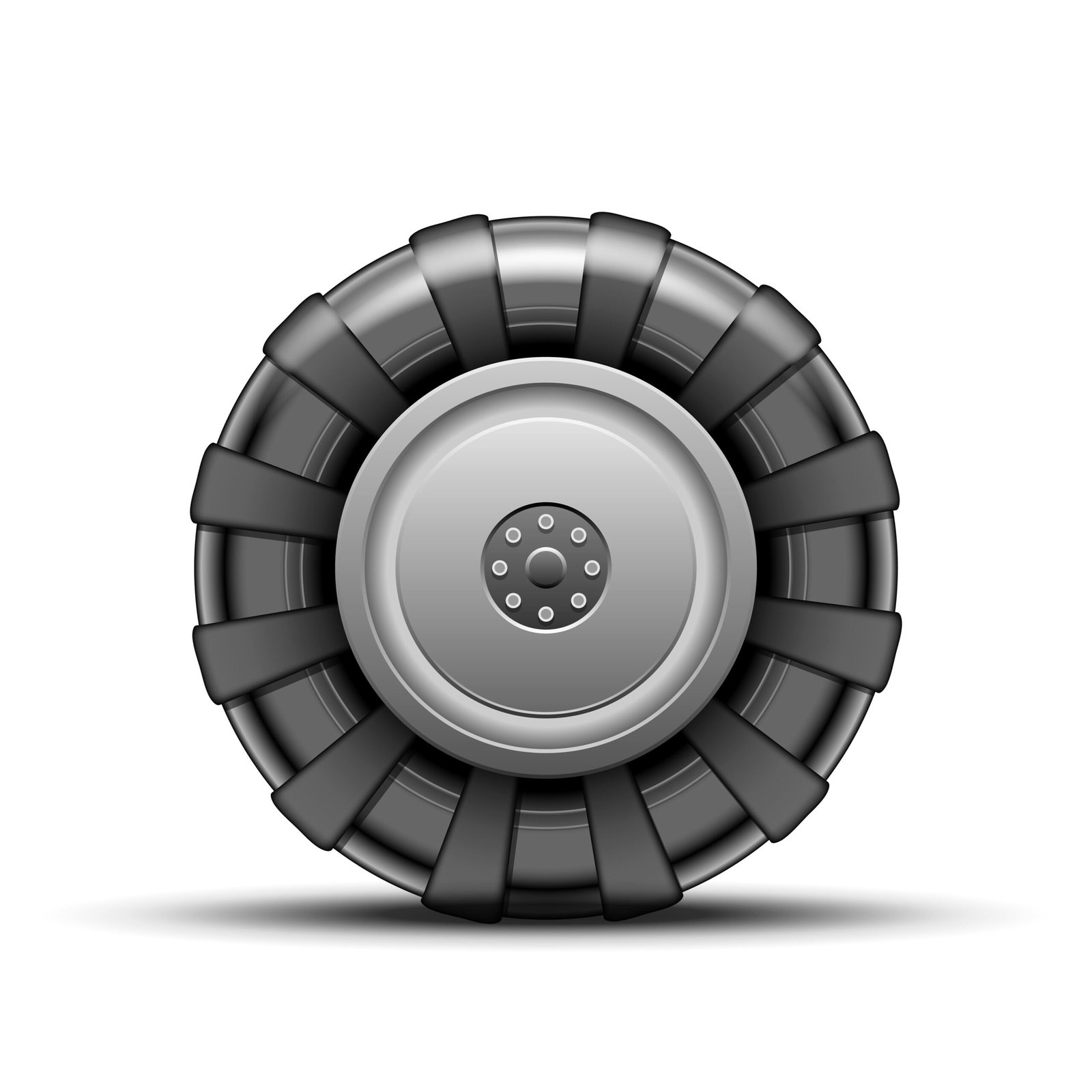In the fast-paced and demanding world of industrial mobility, the importance of high-load solutions cannot be overstated. Whether it’s for use in warehouses, manufacturing units, logistics hubs, or heavy equipment environments, castor wheels must perform consistently under pressure. At the heart of this performance is the expertise and precision that castor wheel manufacturers bring to the table. Through advanced materials, engineering excellence, and rigorous quality controls, these manufacturers ensure their wheels can withstand the weight, frequency, and conditions of high-load applications.
Understanding the Demands of High-Load Environments
Heavy-load applications are not simply about supporting weight. These environments demand that castor wheels also endure repeated motion, exposure to rough terrains, chemical resistance, and often extreme temperatures. A wheel that performs well under light conditions can fail quickly when exposed to these variables. This is why castor wheel manufacturers place a strong emphasis on both design and material choice right from the development stage.
In heavy-duty use cases, the load capacity can exceed several tons, requiring not only high-strength wheel materials but also robust core structures and bearing systems. Manufacturers must strike a careful balance between load-bearing capacity, maneuverability, and floor protection, all while ensuring safety and long-term durability.
Material Selection and Composition
One of the most critical factors in castor wheel performance is the material. Leading manufacturers carefully select materials such as nylon, polyurethane, cast iron, forged steel, and rubber composites based on the application. For high-load uses, they favor materials like nylon and polyurethane for their strength-to-weight ratio and resistance to deformation.
Nylon wheels, for instance, are known for their ability to carry substantial weight while resisting wear and environmental damage. They perform well under static and dynamic loads and maintain structural integrity even under harsh industrial conditions. Polyurethane-coated wheels provide the added advantage of floor protection while still offering high load-bearing capabilities, making them ideal for indoor factory settings.
The composition of these wheels is often a result of meticulous R&D efforts. Manufacturers blend raw materials with chemical additives to enhance specific properties—such as thermal resistance, anti-friction surfaces, and non-marking finishes. This approach ensures the wheels are not only strong but also tailored to perform in specific high-load situations.
Precision Engineering and Structural Design
Beyond the materials, the internal design and structure of the wheel are crucial to supporting heavy loads. Castor wheel manufacturers employ advanced engineering techniques to design wheel cores, brackets, and mounting plates that can handle high stress without failing.
Computer-aided design (CAD) and finite element analysis (FEA) are commonly used to simulate stress scenarios before production begins. These simulations help identify weak points in the wheel design and allow engineers to reinforce areas that are prone to pressure or friction.
In heavy-load castor wheels, manufacturers typically use dual ball bearings, thick brackets, and reinforced wheel cores. They choose bearings to reduce rolling resistance and heat generation, which becomes especially important in high-speed or continuous-use environments. They also optimize the wheel geometry—including diameter, tread width, and curvature—to distribute weight evenly and ensure smooth rolling even under full capacity.
Rigorous Quality Control and Testing
Manufacturers committed to quality do not rely solely on theoretical load calculations. They subject their castor wheels to rigorous real-world and laboratory testing to verify durability and performance. These tests include static load testing, dynamic movement cycles, shock absorption analysis, and resistance to abrasion, chemicals, and heat.
For high-load applications, stress testing is often performed under loads well above the rated capacity to ensure the wheel’s resilience in unexpected scenarios. Additionally, rotational and oscillation tests simulate the actual use of the wheel in industrial equipment over thousands of cycles. This helps validate the long-term performance of bearings, treads, and housings under constant use.
Inspection of raw materials, process audits during production, and final inspection of every batch are all part of a robust quality assurance process that top-tier castor wheel manufacturers follow. Only wheels that meet all tolerance requirements and mechanical performance standards are cleared for dispatch.
Customization for Industry-Specific Needs
Not all high-load applications are alike. The requirements of a cleanroom facility differ greatly from those of an automotive assembly line or a construction platform. Recognizing this, experienced castor wheel manufacturers often provide customized solutions tailored to the customer’s specific operational conditions.
Customization may involve selecting a particular wheel material, adjusting the mounting style, incorporating special locking mechanisms, or engineering the wheels for specific speeds and surfaces. Manufacturers with a deep understanding of different industries are able to suggest solutions that not only carry the load but also enhance overall mobility and safety.
Conclusion
When it comes to high-load applications, castor wheel manufacturers do more than provide mobility components—they engineer and deliver trust. They select materials expertly, design innovatively, test rigorously, and customize solutions for specific industries to ensure every wheel performs reliably under pressure. In a world where operational efficiency and safety depend on the smallest components doing their job perfectly, high-quality castor wheels serve as the silent workhorses—driven by manufacturers who commit to excellence.
Related Reads
- Why Smart Builders Never Skip Topological Surveys
- Hydrated Skin with Dermatologists Experts at Dynamic Aesthetic Clinic
- Elevated Moves: Professional Movers and Packers in Dubai Marina
- Regenerative Treatments Chicago: Advanced Healing with Opulence Chicago LLC
- Affordable and Result-Driven SEO Services by GrowthWonders



